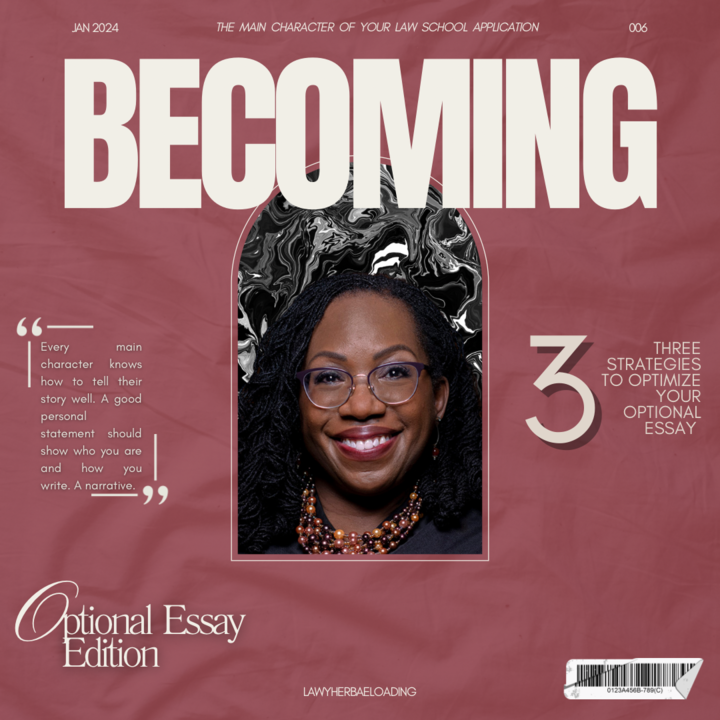Honoring Queer Women in Law
- Katana Dumont

- Jun 29, 2025
- 3 min read
The legal system isn’t always representative of those it serves—especially to those it wasn’t designed to protect. That includes the LGBTQ+ community, and even more so, queer women. While progress has been made, the gap in representation is still there.
In 2024, about 5.13% of lawyers in the U.S. identified as LGBTQ+. That’s the highest number reported to date, but it still falls short compared to the 9.3% of U.S. adults who identified as LGBTQ+. Additionally, biased laws have targeted the LGBTQ+ community and made it harder for queer individuals to access equal protection under the law.
And while queer women often sit at the intersection of two types of marginalization—gender and sexual orientation—many have played an essential role in reshaping the law from the inside out. Their work has helped move the legal system forward for LGBTQ+ visibility.

Landmark Cases Led by Queer Women
Throughout history, queer women have helped change how the law defines fairness, family, and freedom. Here are just a few whose efforts made a lasting impact:
Marriage Equality Cases
Edith Windsor was the lead plaintiff in United States v. Windsor, which struck down a key part of the Defense of Marriage Act (DOMA), the section that defined marriage as the union of one man and one woman. After the death of her spouse, Windsor was denied federal recognition of their marriage. Her case helped shift the national conversation on marriage equality.
Mary Bonauto, a civil rights attorney with GLAD Law, argued Obergefell v. Hodges before the U.S. Supreme Court. That ruling legalized same-sex marriage nationwide, and her decades of advocacy helped lay the groundwork for that historic decision.
Kris Perry and Sandy Stier were lead plaintiffs in Hollingsworth v. Perry, the case that successfully challenged California’s Proposition 8. Their fight helped restore marriage rights to same-sex couples in the state.
Discrimination and Harassment Cases
Chinyere Ezie is a Black queer civil rights attorney at the Center for Constitutional Rights. One of her key cases, Diamond v. Ward, brought attention to the abuse and inadequate medical care faced by transgender inmates in Georgia’s prison system.
Camilla Taylor, Interim Chief Legal Officer at Lambda Legal, led Marouf v. Becerra, a case that challenged foster care agencies receiving federal funds while discriminating against same-sex couples.
Jameka Evans was the plaintiff in Evans v. Georgia Regional Hospital, a workplace discrimination case based on her sexual orientation and gender presentation. While the outcome didn’t change the law at the time, it pushed the conversation around LGBTQ+ protections forward.
Reflecting on Their Legacy
These women’s stories are a testament to the fact that the struggle for justice is profoundly personal. Despite facing pushback and risking their careers, they often used their own lives as the legal argument. They didn’t just show up for themselves—they also opened doors for others.
We can all take a page out of their book by standing up against systems not built for us. So, whether you are an aspiring LawyHer, a current one, or simply someone who cares deeply about equity, remember that your identity and experiences are critical conduits for change. You can make a difference simply by being yourself and actively championing visibility.
As we witness a distressing wave of legislative efforts to roll back civil rights initiatives across the country, it’s more important than ever that we raise our authentic voices and wield them to fight for equality and representation across the legal landscape.



Comments